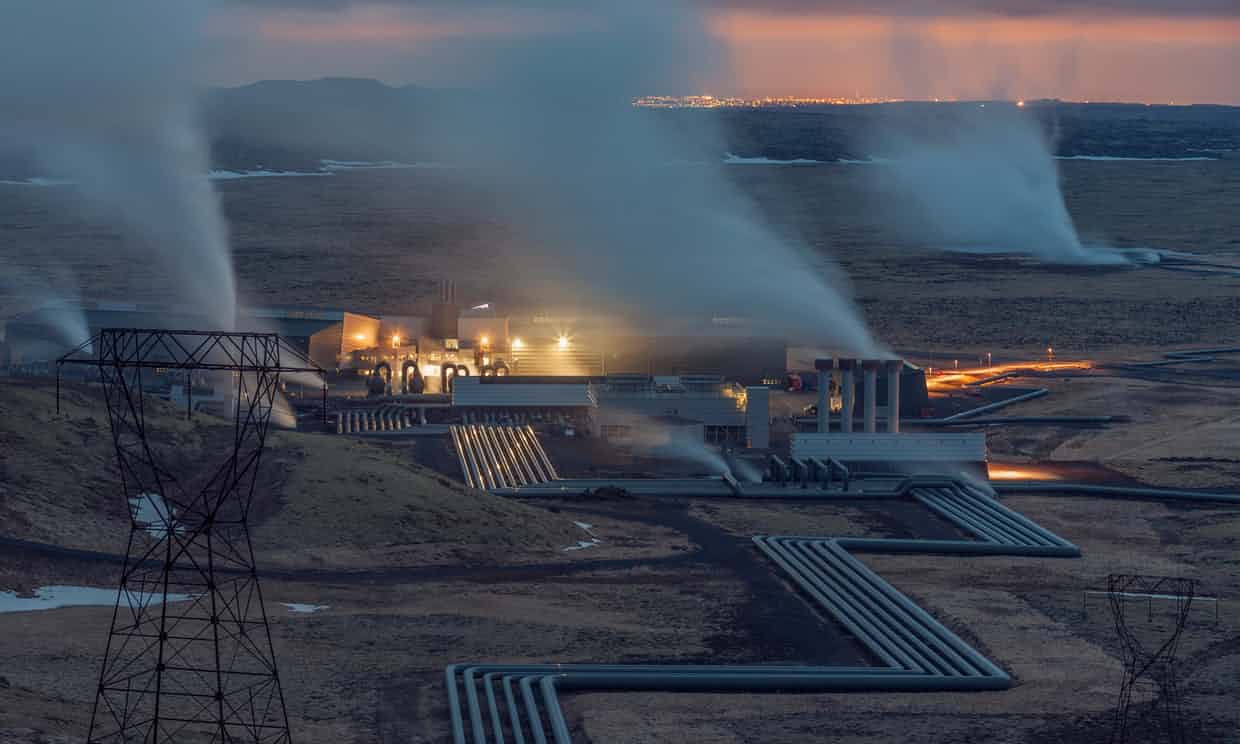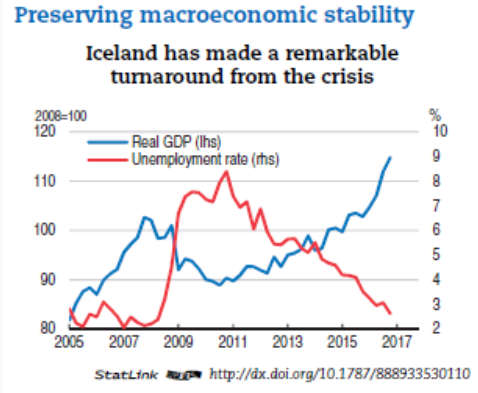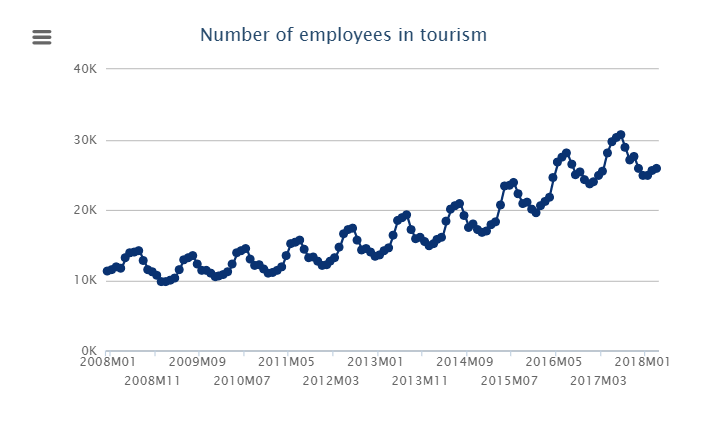
THE ENERGIES OF ICELAND
Iceland is the OECD’s smallest economy and, currently, the fastest growing one.
Iceland suffered a deep financial crisis in 2008. However, Iceland has made a remarkable turnaround, helped by spectacular growth of tourism and prudent economic policies.
Based on estimates from the Central Intelligence Agency’s World Factbook, Iceland’s exported goods plus services represent 49.6% of total Icelandic economic output (or Gross Domestic Product).

Fishing and the fish processing industry are Iceland’s biggest economic resource and this country has created one of the most modern and competitive seafood industries in the world and maintains a 200 nautical miles exclusive fishing zone (758,000 km2) that includes some of the richest fishing grounds in the world.
The fisheries management in Iceland is primarily based on extensive research on the fish stocks and the marine ecosystem and biodiversity, decisions on allowable catches are made on the basis of scientific advice from the Icelandic Marine Research Institute. Catches are monitored and enforced by the Directorate of Fisheries. These are the main pillars of the Icelandic fisheries management intended to ensure responsible fisheries and the sustainability of the ocean’s natural resources.
Another strong growth resource is tourism : the number of tourists visiting annually has quadrupled since 2010 , so the tourism sector is now the major export earner and is also creating new jobs, significant tax revenues, attracting currency inflows and supporting new businesses.

Iceland is also a world leader in the the use of geothermal energy ; the country’s geographical peculiarities also mean that Iceland is the only country in the world that can claim to obtain 100% of its electricity and heating from renewable sources.
The glaciers and rivers of the interior of the country are used to generate 80% of the country’s electricity needs through hydropower, while the geothermal fields provide up to 20% of the country’s electricity needs.
Furthermore geothermal water is used to heat say 90% of Iceland’s homes.
Sources : voyagesphotosmanu.com – OECD – seafoodsource.com – theguardian.com – responsiblefisheries.is – statice.is
DISCLAIMER
This publication must not be regarded as offering a complete explanation of the investment tax, legal, and other type of matters that are contained within this publication.
Authors are not responsible for the results of any actions which are undertaken on the basis of the information which are contained within this publication, not for any error in, or omission from, this publication.
The authors expressly disclaim all and any liability and responsability to any person, entity or corporation who acts or fails to act as a consequence of any reliance upon the whole or any part of the contents of this publication.
Accordingly no person, entity or corporation should act or rely upon any matter or information as contained or implied within this publication without first obtaining advice from an appropriately qualified professional person or firm of advisors, and ensuring that such advice specifically relates to their particular circumstances.



